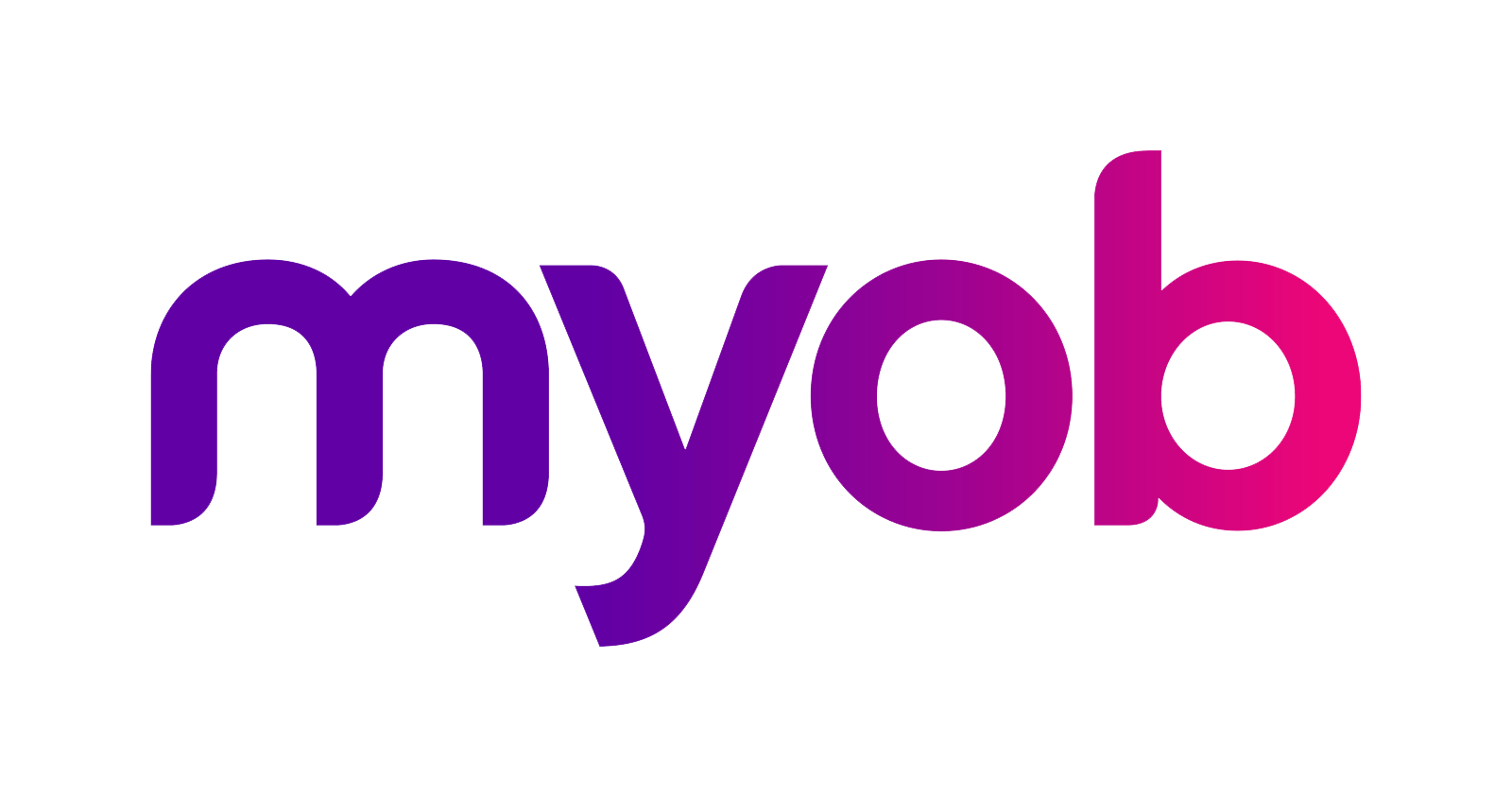Small Business Bookkeepers in Alstonville
Prepare for ATO Audits
Troubleshoot Historical Errors
Reconcile Statements
Professional Bookkeeping That Saves You Time
Managing business finances doesn’t have to be overwhelming. Janelle at NR Bookkeeping offers bookkeeping services designed to help small businesses and self-employed individuals stay organised, efficient and focused on growth. Serving businesses throughout the Northern Rivers, including Alstonville, Lismore and Ballina, Janelle takes the burden of financial management off your hands, allowing you to concentrate on running your business.
Janelle’s services cover every aspect of bookkeeping, from bank reconciliations to invoicing and payroll, helping keep your records accurate, compliant and up-to-date. Utilising MYOB and Xero software systems, your financial data is securely managed in the cloud, giving you real-time insights whenever needed. Whether you require monthly bookkeeping or occasional support, Janelle tailors her bookkeeper services to meet your unique business needs.
Contact Janelle today at 0438 283 050 to simplify your financial management and keep your business on track.
Financial Records for Better Business Decisions
Janelle at NR Bookkeeping understands the importance of tracking income, expenses and accounts to drive business success. Her meticulous bookkeeping services help ensure every financial detail is accurately recorded, giving you the clarity and control needed to manage your finances effectively.
Janelle strives to maintain precise financial records, identify cash flow challenges and uncover cost-saving opportunities. Her comprehensive services cover everything from budget management to payroll processing, reducing errors and ensuring compliance with tax regulations. Whether you’re just starting your business or need assistance resolving historical financial issues, Janelle tailors her support to meet your needs, so your operations can run smoothly.
Frequently Asked Questions
What are the basic tasks involved in bookkeeping?
Bookkeeping involves several essential tasks that help maintain financial order.
Some of the core tasks include:
- Recording financial transactions: Accurately entering all income, expenses, and other transactions.
- Bank reconciliation: Ensuring that business records match bank statements to identify discrepancies.
- Invoicing and accounts receivable: Issuing invoices and tracking payments from customers.
- Managing accounts payable: Monitoring and paying bills on time to avoid late fees.
- Payroll processing: Calculating wages, withholding taxes and managing superannuation.
- Generating reports: Preparing profit and loss statements, balance sheets and other financial summaries.
These tasks are essential for keeping financial records accurate, monitoring cash flow and ensuring compliance with tax regulations.
What bookkeeping software is best for small businesses?
There are several bookkeeping software options available, each offering features tailored to different business needs.
Some of the most popular platforms include:
- Xero: A cloud-based solution ideal for small businesses, offering real-time financial tracking, invoicing and payroll integration.
- MYOB: Widely used in Australia, MYOB provides powerful features for payroll management, compliance reporting and BAS lodgements.
- QuickBooks: Known for its user-friendly interface, QuickBooks offers tools for tracking expenses, managing invoices and preparing tax reports.
- Wave: A free platform designed for freelancers and small businesses, offering essential bookkeeping tools like invoicing and expense tracking.
Choosing the right software depends on factors such as business size, industry and specific financial management needs.
How often should a business update its bookkeeping records?
Bookkeeping should ideally be updated regularly to ensure accurate financial reporting. Depending on the volume of transactions, businesses may update their records daily, weekly or monthly. Frequent updates help identify discrepancies early, monitor cash flow effectively and keep the business prepared for tax lodgements and audits.
For businesses with a high volume of transactions, daily or weekly updates are recommended. Smaller businesses with fewer transactions may find that monthly updates are sufficient, as long as all bank reconciliations and invoices are kept current. Regular updates ensure that financial data is always accurate and accessible.
Get in touch to schedule an appointment
Site Links
Services
Operating Hours
- Monday
- -
- Tuesday
- -
- Wednesday
- -
- Thursday
- -
- Friday
- Closed
- Saturday
- Closed
- Sunday
- Closed
Licences
Cert IV in Accounting with Distinction Pass
Member of the Australian Business Network
Accredited BAS Agent
MYOB Trained/Accredited
XERO Trained/Accredited







